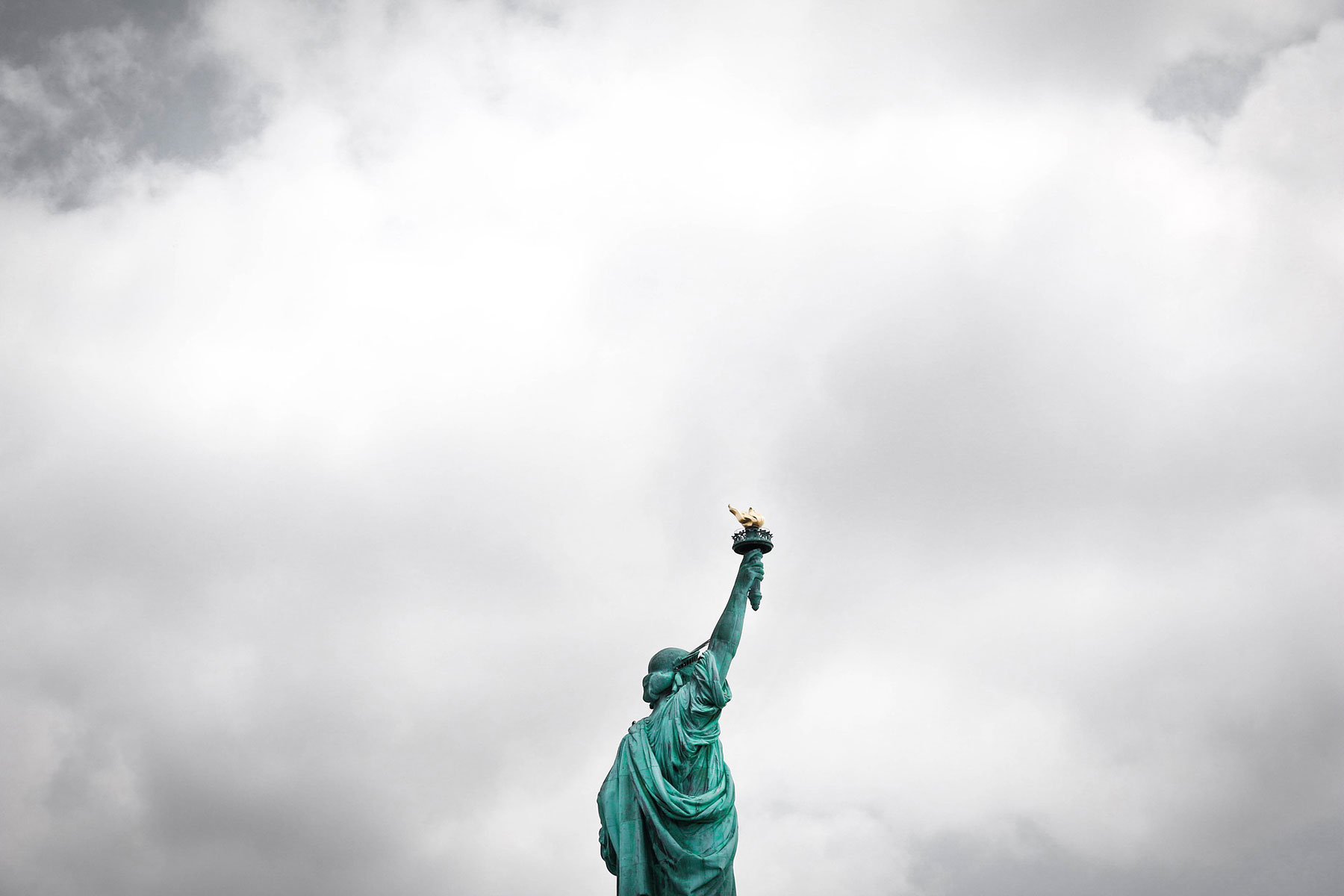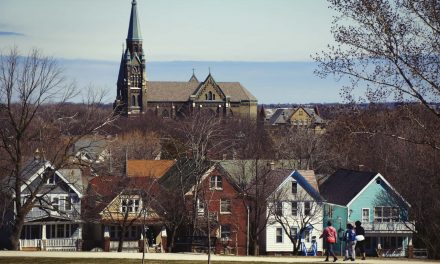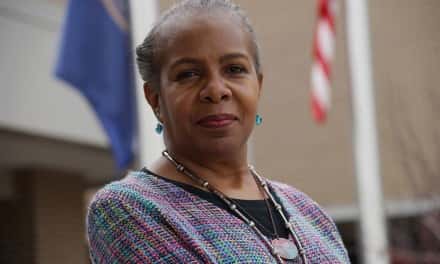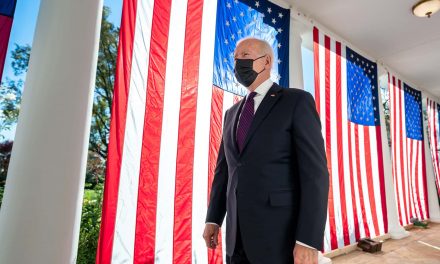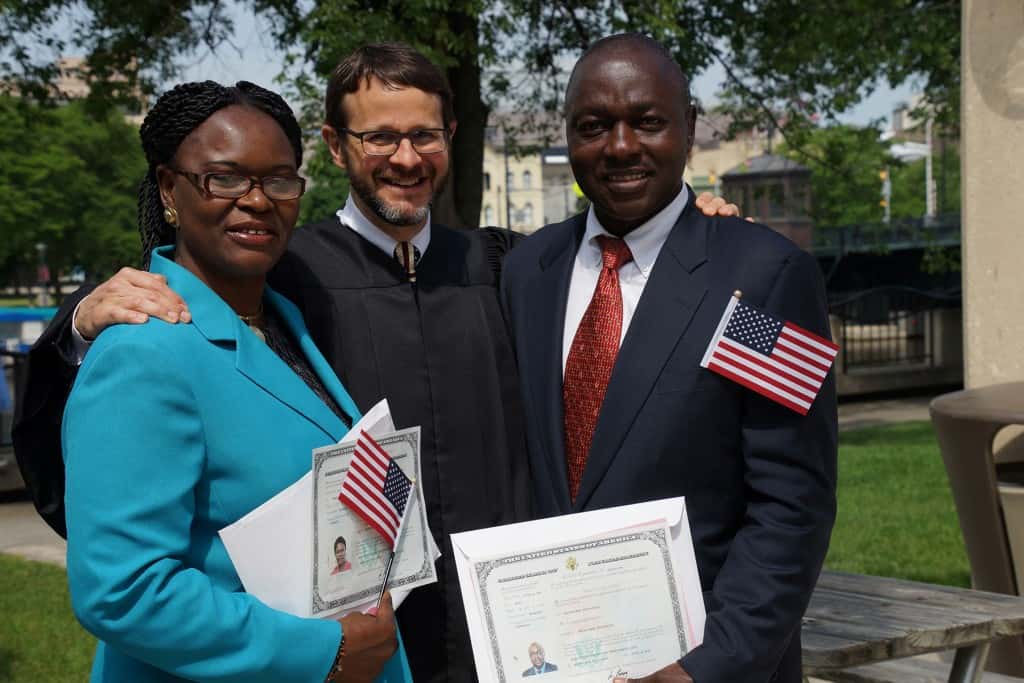
The nation is celebrating its two-hundred and forty-sixth birthday on the Fourth of July. This annual event, known as Independence Day, acknowledges the acceptance of the Declaration of Independence as the foundational document creating a new nation.
Thomas Jefferson penned this famous avowal of connectedness to the British Empire. It was the most important early salvo in the revolution which created the United States of America. Jefferson stated the beliefs of some but not all of the British colonists in America.
The Declaration was unanimously adopted in Congress on July 4, 1776. It began with these famous words.
“When in the course of human events it becomes necessary for one people to dissolve the political bands which have connected them with another and to assume among the powers of the earth, the separate and equal station to which the Laws of Nature and of Nature’s God entitle them, a decent respect to the opinions of mankind requires that they should declare the causes which impel them to separation. We declare these truths to be self-evident, that all men are created equal, that they are endowed by their Creator with certain unalienable Rights, that among these are Life, Liberty and the pursuit of Happiness.”
The statement set in motion the belief by Americans that their nation was founded on those basic principles, most especially the idea of liberty. The Declaration of Independence complained about the despotic leadership of King George who the colonists considered to be a tyrant for “a long train of abuses and usurpations.”
Jefferson was a slaveholder when he wrote those words. He would hold hundreds of Africans in bondage, including six that he fathered, for most of his adult life. He was not alone among the leaders of the revolution who were slave holders. George Washington, the eventual “Father of the Country,” enslaved over six-hundred Africans during his life. Patrick Henry of the famous “give me liberty or give me death” cry was a slaveholder as well. A majority of the men who would serve as President for the first six decades of the nation’s history were slaveholders. Most signers of the Declaration of Independence were slaveholders as well.
This is the foundational paradox which we Americans refuse to acknowledge each Fourth of July.
As we plant in our yards and wave flags so proudly on this day across America, we continue the mythological narrative of a nation conceived out of liberty. For those well versed in American history, we see the lie for what it is. A justification for continuing to promote one principle while practicing another.
Our doors have not been opened equally to all who wanted to enjoy these liberties. Neither have the guarantees in the Bill of Rights. From the perspective of African Americans, their ancestors saw it as the Bill of Rights Denied. I have argued for years that our nation was founded on three additional and important principles: sexism, racism, and economic exploitation. For this Fourth of July, we should take a moment to examine where we stand and where we have come from.
The founders of the nation submitted claims against the British colonial government as a force which kept the colonists in a state akin to slavery. Yes, they used those words repeatedly. The irony is palatable. Hundreds of thousands of Africans were enslaved by these colonists at the time, who exploited their free labor to build the richest country in the world. They did this without acknowledging the value or contributions of these Africans. We still refuse to honor the sacrifices and work that these Africans were forced to make under the threat of constant violent reprisals.
This is how America was founded. It was conceived in liberty for whites only. The Africans, whether they were free or enslaved, had either no rights or very limited rights. The natives of this land were given even less. Their land was stolen from them by hook or crook, and many of them were killed by genocidal actions by the same professors of a love of life, liberty, and a pursuit of happiness. Clearly they did not intend the words of the Declaration of Independence to apply to anyone who was not European or the ancestors of Europeans.
Why do we expend so much time each year celebrating without looking back at this era in an honest context? For the same reasons we still celebrate Columbus supposedly discovering a land where millions already lived. Americans do so because it is a great story. It is fantasy and not based on the facts, but it sounds great. We love great stories. We love hearing that George Washington never told a lie because it is a great story. It does not matter that it is untrue. Truth is subjective. One person’s truth is another person’s lie. When a lie is told enough times it becomes a believable truth.
One of the things that makes these stories about the founding of the country hypocritical is that the founders kept records of what they said and did. Historians are supposed to look at these primary source materials and discern as much of the truth as possible. The paradox that develops in historiography is how we use this evidence to tell a story that we know in many ways is not really truthful. We create a past that is not historical in nature but nostalgic instead. Regie Boyd said we, as Americans, do not love history. We love nostalgia.
The history we learn in school that leads us to celebrate Independence Day is based on nostalgia. It is based on a great story, with missing chapters. We teach our history to build a sense of patriotism. America wants its citizens and the world community to believe the mythology. Those who believe this story can fight for the values imbedded in the Declaration of Independence without question. If the story is true then we are simply carrying on a two-hundred and forty-two year legacy of liberty and freedom. But if it is not, then we are carrying on a two-hundred and forty-two year legacy of being either duped by or complicit in a false narrative.
This is just one false narrative that should lead us to understand the nature of how America says one thing and does another. There is another related to immigration that is currently playing out in news headlines around the world. In New York City stands the famous Statue of Liberty. It was a gift from France in 1886. It became a national monument in 1924. The broken chain around the ankle of “Lady Liberty” represents something special and unique about America. “The New Colossus” is a sonnet inscribed on a plaque hanging inside the Statue of Liberty. It expresses an important message about what the country stands for. Emma Lazarus penned the words in 1883. These are the most famous words of the sonnet.
“Give me your tired, you poor, Your huddled masses yearning to breathe free, the wretched refuse of your teeming shore, Send these, the homeless, tempest-tossed to me, I lift my lamp beside the golden door.”
These words greeted the millions of European immigrants in the late nineteenth and early twentieth century. They came to escape hardships, violence, and political repression as well as drought and pestilence in their former homelands. Ellis Island in New York and Angel Island in San Francisco were the primary doors to America. Millions came through Ellis Island and over 300,000 people from 80 countries arrived at Angel Island in California to start new lives in the early 1900s. In 1924, the strictest immigration law in United States history placed quotas on immigration and prevented large numbers of Southern and Eastern European immigrants from arriving during a period of mass anti-immigrant fervor.
During another wave of anti-immigrant fervor today, we are locking newly arrived immigrants in detention facilities around the country. We are intentionally separating children from their parents and forcing the parents to pay sometimes thousands of dollars in plane fare to be reconnected to their children. There has been a national and even international uproar over these policies, with millions around the world protesting this past weekend. What we do not understand is that new immigrants have been treated this way many times throughout the nation’s history.
Angel Island had detention barracks built to house immigrants much like the detention centers being built today. Immigrants from Japan, China, Mexico, Russia, Australia, Korea and other places were detained when they arrived instead of welcomed. The myth of America welcoming immigrants is another part of the nostalgia that prolongs the belief in the great story of America. Angel Island and Ellis Island were two of nearly twenty Immigration Stations around the country that conducted immigrant inspections.
The Chinese Exclusion Act of 1882 was passed by Congress to bar Chinese immigration to the United States. Some exceptions were made, in partnership with the Chinese government, typically for those who possessed some amount of wealth. Those who arrived at Angel Island included more than 341,000 aliens and 209,000 U.S. Citizens returning to the country between 1910 and 1940.
Most of us are unaware that Ellis Island and Angel Island were also the places where those leaving the country went out of the door as well. Many of the European immigrants who arrived in Ellis Island also disembarked from Ellis Island on their way back home. They came with high expectations and left disappointed from their immigrant experience. Likewise, on Angel Island nearly a half-million aliens fled the United States from 1910-1940.
Some left by choice, but many left after finding they were considered unsuitable to become citizens. Others waited months to find out if they could stay, and even more months in detention awaiting deportation. Just as it appears to do now, the United States classified immigrants based on race, and national origins to determine who was fit to become Americans. The immigration policies of Presidents Obama and Trump have led to nearly three million deportations. The promise of liberty is denied many immigrant families. They are escaping the same types of calamities, persecution, and violence as the immigrants that arrived from Europe in the largest wave of immigration in U.S. history.
Those who have been granted Temporary Protected Status (TPS) in recent years from El Salvador, Nepal, Haiti, Honduras, Nicaragua, Somalia, Sudan, South Sudan, Syria, and Yemen due to conditions in their countries thought they would continue to be welcomed in America. TPS status has ended for over 300,000 people, including 57,000 from Honduras, 8,950 from Nepal, 195,000 from El Salvador, 50,000 from Haiti, 450 from Sudan, and 2,550 from Nicaragua. The clock is ticking on their removal from the country. Many others who crossed the border have not been given this status, and are being іncаrcеrаtеd in newly built detention centers around the country. The more things change the more they stay the same.
Liberty in the United States has definitive, sometimes undefined and murky limits. The idea that this country was conceived in liberty and lives by that principle is certainly a nostalgic way to see the celebration of the Fourth of July. But just like many other things in life, perception is a choice. How we choose to believe the stories we have been told about America will determine how we perceive the meaning of the Fourth of July.

